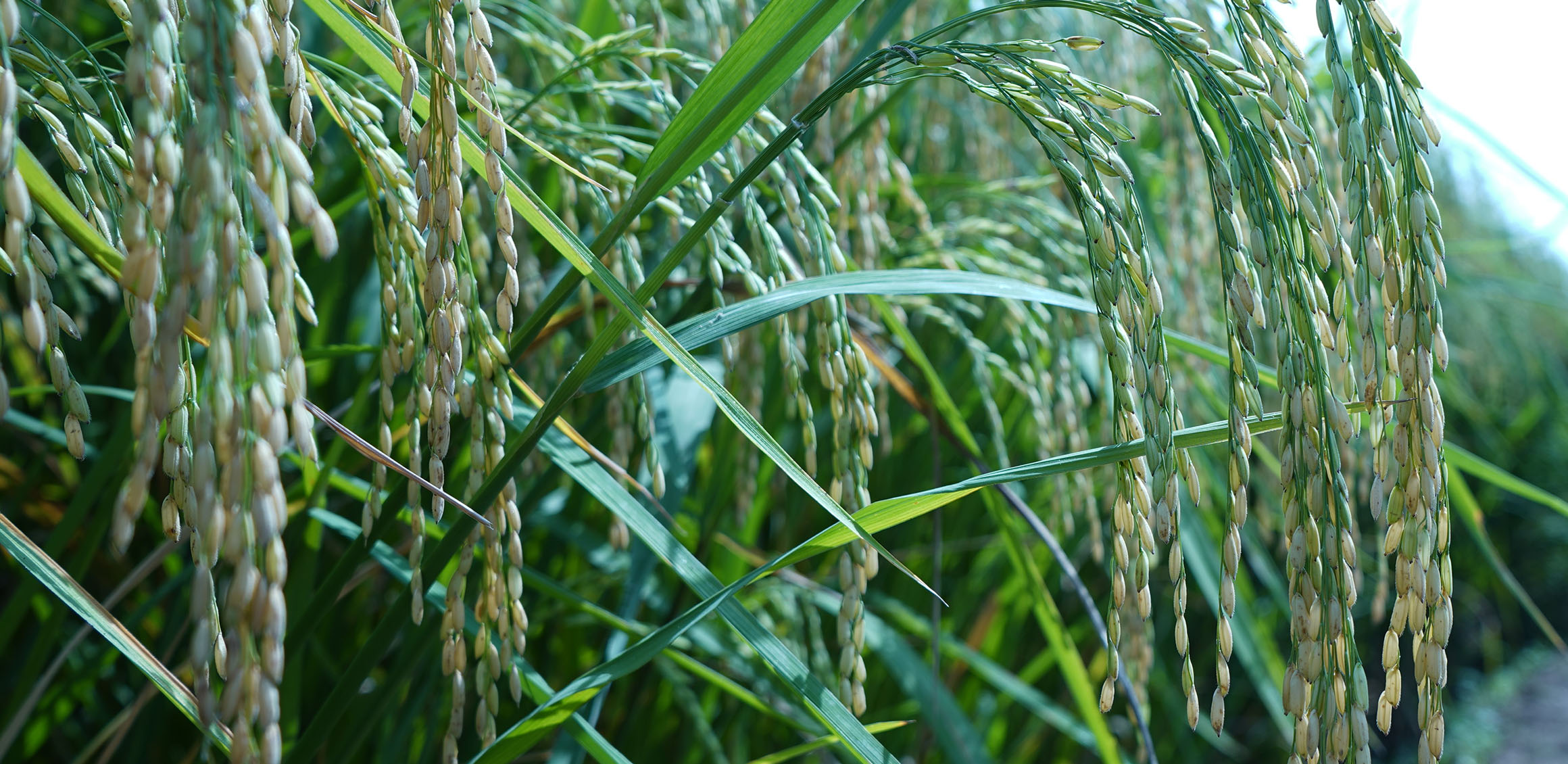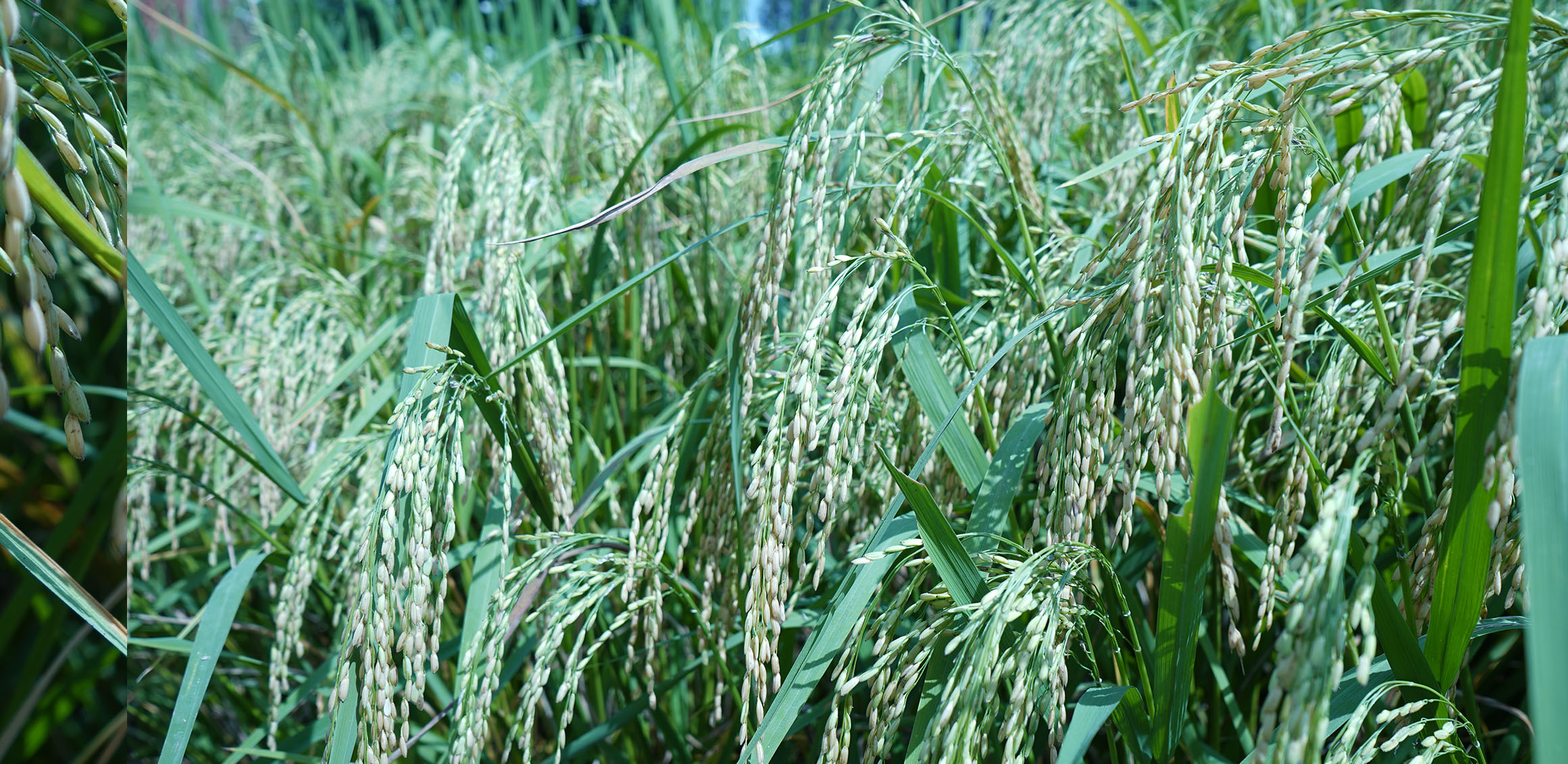The Role of Agri-Startups in Boosting the Indian Agriculture Sector
Over the past five decades, Indian agriculture has witnessed remarkable progress, leading to a multi-fold increase in the production of food grains, horticultural crops, and animal products. Despite these achievements, the sector continues to grapple with several challenges, such as low farm incomes, fragmented supply chains, post-harvest losses, and the looming threat of climate change. In response to these challenges, a wave of innovation has emerged, driven largely by educated youth with fresh ideas—the agri-startups.
The Rise of Agri-Startups
Agri-startups are rapidly becoming the backbone of Indian agriculture, with over 2,500 such ventures registered with Startup India. Startup India is a flagship initiative of the Government of India, launched in January 2016, aimed at promoting entrepreneurship, nurturing innovation, and fostering a startup culture across the country. The National Agricultural Research and Education System (NARES) has also stepped up to create an ecosystem that nurtures these startups, offering them the support and resources needed to flourish. But what exactly makes agri-startups so crucial for the future of Indian agriculture?
Addressing Fragmented Supply Chains and Low Farm Incomes
India's agricultural sector is characterised by its vast cultivated area, second only to the United States, and a large number of cultivators—146 million, to be precise. However, a staggering 86% of these cultivators are smallholders, working on tiny landholdings that increase transaction costs and make the adoption of modern technologies difficult, according to a policy paper by National Academy of Agricultural Science, New Delhi, July 2022. This fragmentation poses significant challenges, such as limited access to information on soil health, weather patterns, and market trends, all of which are essential for effective crop planning and diversification.
Agri-startups are stepping in to bridge these gaps by developing new technologies and products that enhance overall productivity in the sector. These innovations range from precision farming tools and data analytics platforms to blockchain-based supply chain solutions and sustainable farming practices. By providing these much-needed links in the agri value chain, startups are not only boosting food production but also improving farmer livelihoods and making agriculture more sustainable.
A Regional Focus on Innovation
In terms of geographical spread, around 60% of agri-startups are concentrated in Tier I and II cities, primarily in Karnataka and Maharashtra. Bengaluru, often referred to as India's Silicon Valley, has emerged as a major hub for these innovations, followed closely by Mumbai and Delhi NCR. This regional concentration has helped create a robust ecosystem that fosters collaboration between startups, research institutions, and government bodies.
The Future of Indian Agriculture
As India continues to navigate the complexities of modern agriculture, the role of agri-startups will only become more critical. These ventures are not just solving existing problems; they are also laying the groundwork for a more resilient and sustainable agricultural sector. By leveraging technology, fostering innovation, and creating new market opportunities, agri-startups are poised to transform Indian agriculture, ensuring that it can meet the challenges of tomorrow while feeding a growing population.



